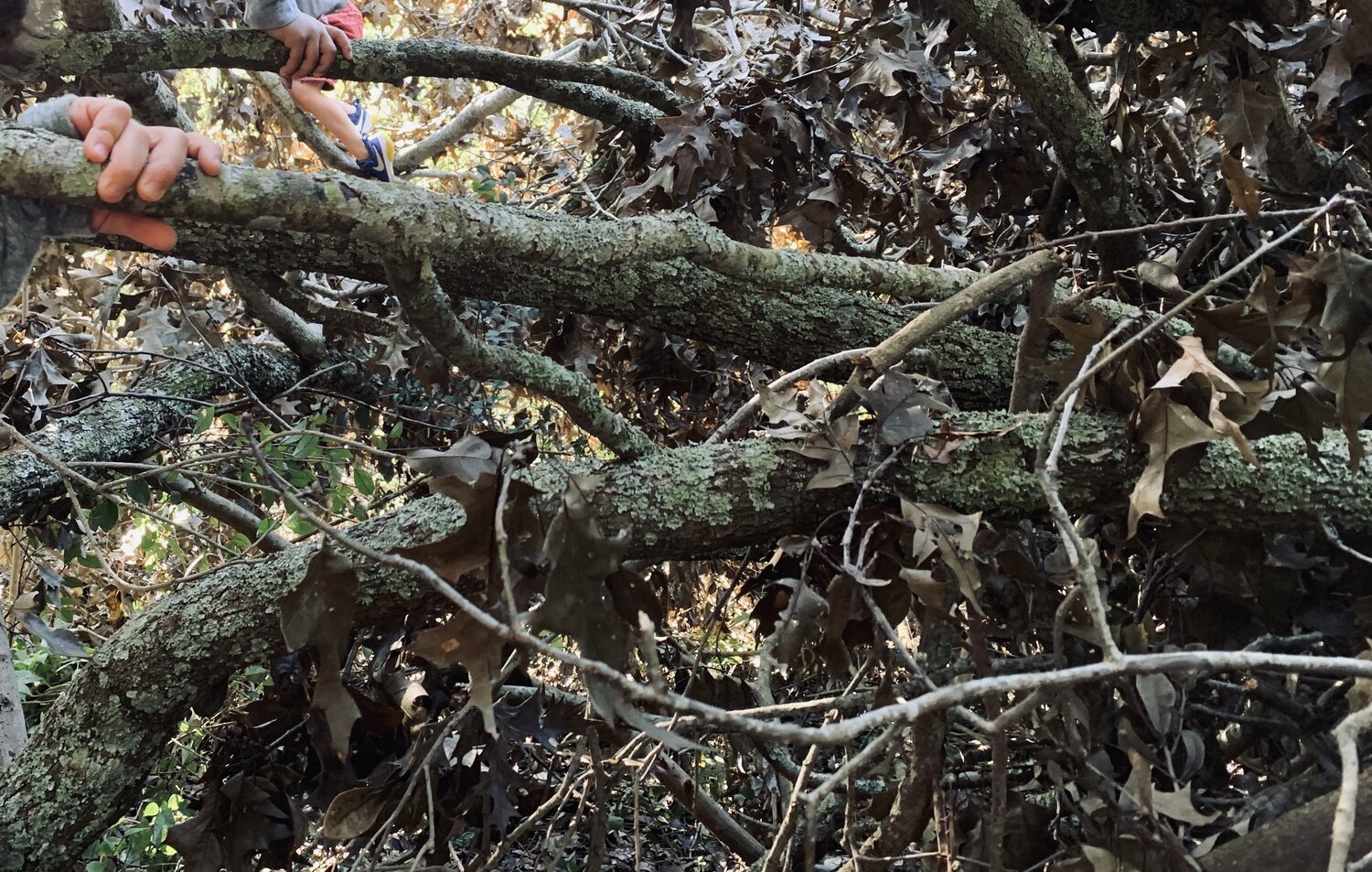The Justice of Little Things.
When J’s stick broke, he was understandably upset. “My stick is broken,” he said over and over again. We invited M, who had broken the stick to consider their actions, to check on his classmate, and to consider the value of respecting another’s possessions.
However, when J’s classmate B decided to chime in, he shifted the focus to the game at hand. Immediately, my co-teacher and I began to discuss the game, its merits, and how it was to be played. We concluded that breaking sticks was one of the risks of the game. However, it never quite satisfied J, who did not recover from the anger and frustration at his broken stick (and, presumably, what he perceived as the inadequate response from his teachers).
Ever since then, I have found myself reflecting more frequently on what it means to redress wrongs in the eyes of a child. After all, whether or not an inherent risk of the game the children were playing was the breaking of a stick, what do we do when that stick is broken? How do we, while acknowledging the risk present, do all we can to make sure that the child whose stick is broken feels heard, understood, and cared for.
In so many ways, I guess there is an analogy to adult life, right? There are risks inherent in being human in living in society and community—and these risks and their effects are impossible to avoid. However, acknowledging these risks does not negate the difficulty experienced by those who face them and endure their consequences. Finally, what is our role in alleviating the suffering, or at the very least deepening our understanding of, those who experience the negative effects of such.
Perhaps this is too much to consider over a simple broken stick, but the ramifications of not addressing the distress of others has ripple effects. At the end of the day, for example, J remained frustrated and angry at the child who had broken the stick. Despite, again, the legitimate risks he had entered into in playing the game in the first place. The downstream effects on the relationships between these children, these citizens of our classroom, the members of our classroom family, may be nonexistent, or may be more negative than we initially imagined.
Unfortunately, we did not find the middle ground on that day, but I vow to keep in mind the impacts of seeking justice even in the littlest of things in the future.

